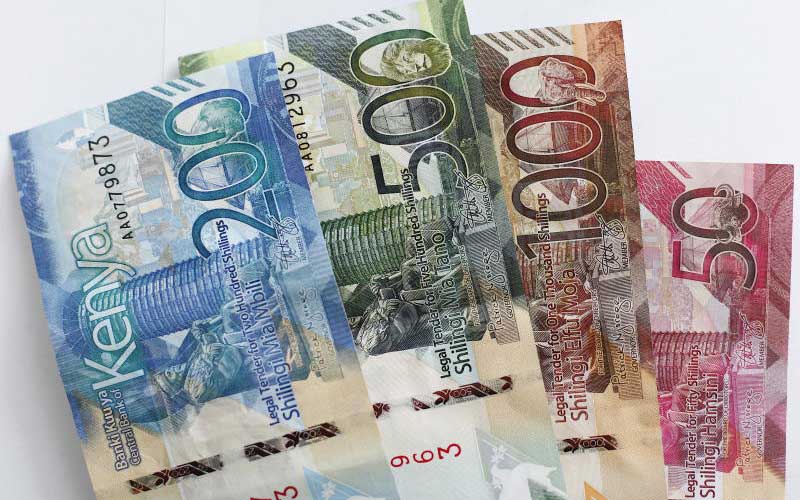×
The Standard e-Paper
Stay Informed, Even Offline

Individuals hoarding proceeds of corruptions are some of the biggest losers as Central Bank rolls out new currency.
From October 1, the old Sh1,000 notes will cease being legal tender, effectively rendering them worthless pieces of paper.